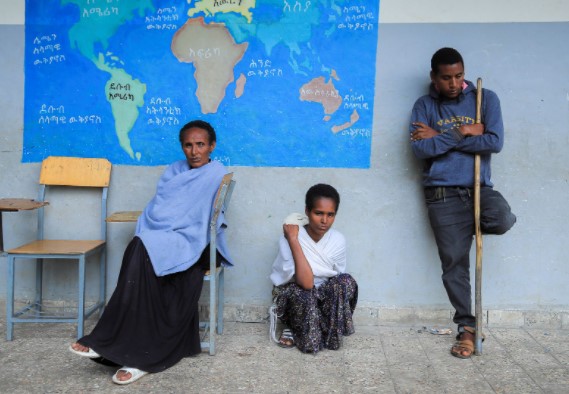×
The Standard e-Paper
Join Thousands Daily

Civilians displaced from Kobo town are seen at a school makeshift camp for internally displaced people due to the fighting between the Ethiopian National Defense Force (ENDF) and the Tigray People's Liberation Front (TPLF) forces, in Dessie town, Amhara Region, Ethiopia. [Reuters]
A report on abuses committed during war in Ethiopia's northern Tigray region will be published on Wednesday, but a spokesman for the party controlling Tigray said investigators did not visit many sites where violence occurred.